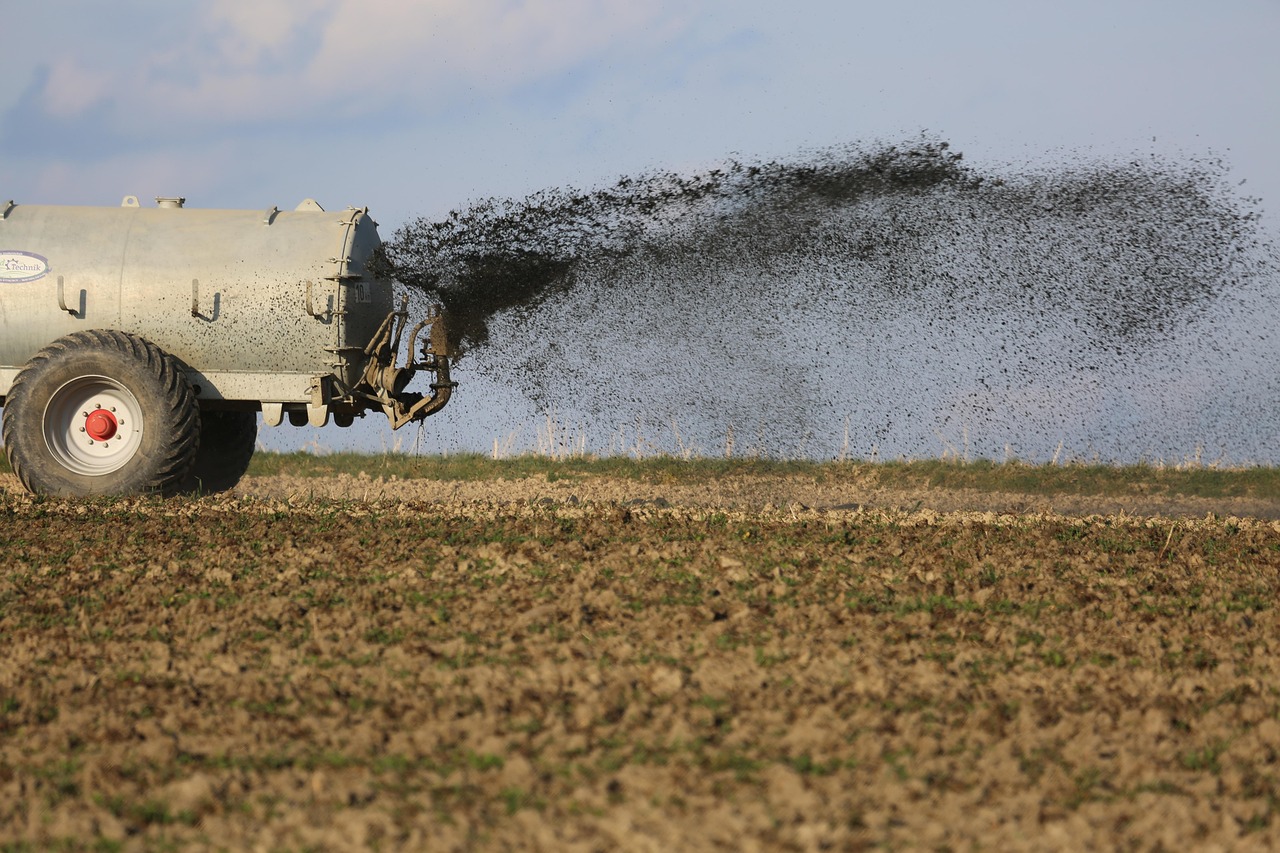Can We Have Too Much of a Good Thing?
In this lesson students will understand that plants require nutrients in the proper concentrations. Students will discover that plants can be damaged or killed by either too many or too few nutrients.

Background
Lesson Activities
Recommended Companion Resources
Credits
Author
Shaney Emerson | California Foundation for Agriculture in the Classroom
Acknowledgements
This lesson was updated in 2013 with funding from California Foundation for Agriculture in the Classroom and a grant from the California Department of Food and Agriculture’s Fertilizer Research and Education Program. The Fertilizer Research and Education Program (FREP) funds and facilitates research to advance the environmentally safe and agronomically sound use and handling of fertilizer materials. FREP serves growers, agricultural supply and service professionals, extension personnel, public agencies, consultants, and other interested parties. FREP is a part of the California Department of Food and Agriculture (CDFA), Division of Inspections Services.
Editor: Shaney Emerson
Executive Director: Judy Culbertson
Illustrator: Toni Smith
Layout and Design: Nina Danner
Copy Editor: Leah Rosasco
Standards
National Content Area Standards
- Career & Technical Education
- AFNR (Grades 6-8): Plant Science Systems Career Pathway
- PS.01.02: Prepare and manage growing media for use in plant systems.
- PS.01.03: Develop and implement a fertilization plan for specific plants or crops.
- AFNR (Grades 6-8): Plant Science Systems Career Pathway
- Science
- MS-LS2: Ecosystems: Interactions, Energy, and Dynamics
- MS-LS2-1: Analyze and interpret data to provide evidence for the effects of resource availability on organisms and populations of organisms in an ecosystem.
- MS-LS2-2: Construct an explanation that predicts patterns of interactions among organisms across multiple ecosystems.
- MS-LS4: Biological Evolution: Unity and Diversity
- MS-LS4-4: Construct an explanation based on evidence that describes how genetic variations of traits in a population increase some individuals’ probability of surviving and reproducing in a specific environment.
- MS-LS2: Ecosystems: Interactions, Energy, and Dynamics